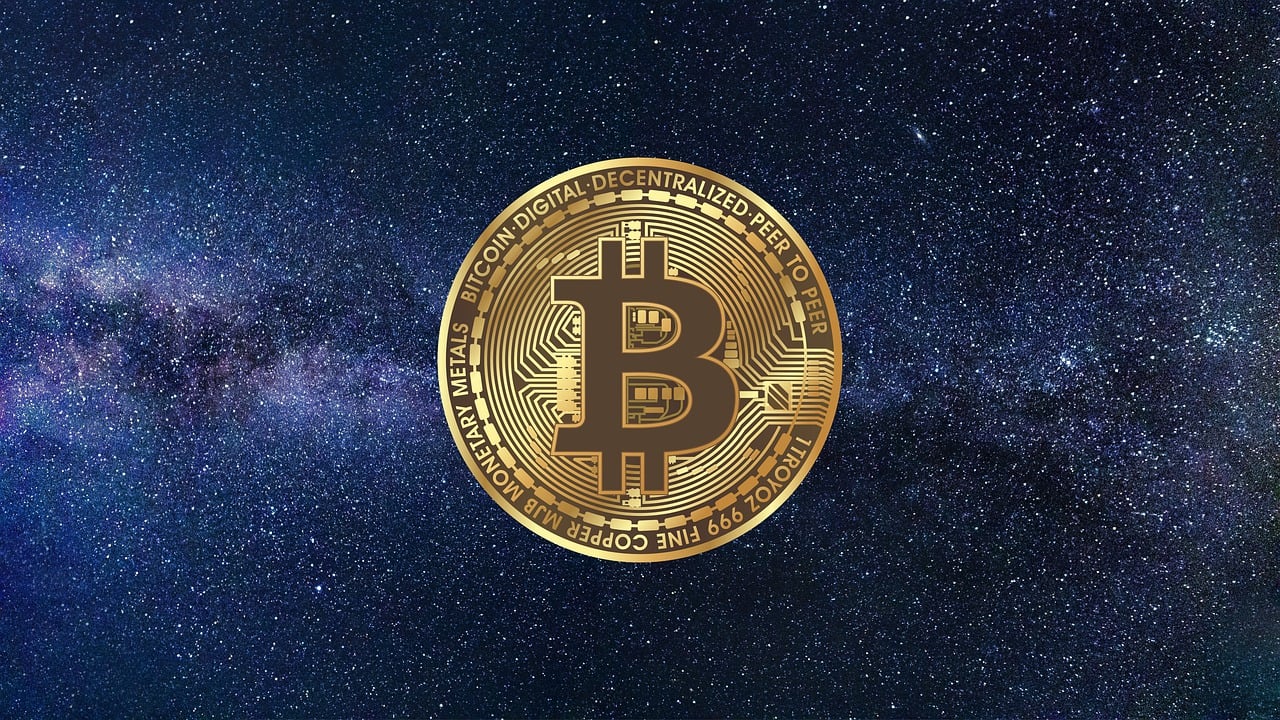- The World Food Program USA now accepts over 79 cryptocurrencies, including Bitcoin and Dogecoin, to support its global hunger relief efforts.
- This innovative move offers donors a fast, secure, and cost-effective way to contribute, while also providing potential tax benefits.
The World Food Program USA (WFP USA) has taken a bold step in leveraging cryptocurrency to support its global efforts in combating hunger. In partnership with The Giving Block, WFP USA now accepts donations in over 79 types of digital currencies, including well-known cryptocurrencies like Bitcoin, Ethereum, and USD Coin. This innovative move is set to transform how supporters can contribute to the organization’s mission to provide lifesaving food assistance in over 120 countries and territories.
Also read: Cardano Founder Announces Midnight Airdrop to Reach 37 Million Users, Including XRP Holders
As the world faces escalating hunger crises, WFP USA’s decision to accept cryptocurrency donations provides a fast, secure, and cost-effective alternative to traditional fundraising methods. Cryptocurrency transactions offer numerous benefits: they are processed in minutes compared to days for conventional donations, and they incur lower transaction fees, meaning more funds reach those in need. Moreover, crypto donations come with potential tax advantages, such as exemptions from capital gains tax and eligibility for full market value deductions.
This shift to digital currencies is not just about adapting to technological advancements but also about addressing an urgent funding gap. In late March, WFP USA launched its Emergency Hunger Relief Fund with a goal of raising over $25 million to support millions of people facing severe food insecurity. With hunger levels at alarming heights, this initiative aims to bridge the funding shortfall exacerbated by conflicts and natural disasters worldwide.
Dorota Amin, WFP USA’s Chief Philanthropy and Partnerships Officer, underscored the importance of embracing emerging technologies like blockchain to meet the growing demand for aid. She emphasized that using these technologies is vital to efficiently delivering assistance and ensuring that resources reach those who need it the most.
WFP’s integration of blockchain technology is not entirely new. The organization has already been using blockchain to provide aid to refugees through secure digital wallets, drastically reducing transaction costs by up to 98%. This innovative solution ensures faster and more transparent delivery of food assistance, helping to cut down on fraud and administrative delays.
In conclusion, by accepting cryptocurrency donations, WFP USA is tapping into a new wave of support that not only benefits the organization but also helps those suffering from hunger around the world. With the power of blockchain and digital currencies, donors can now make an impact faster, more securely, and more effectively than ever before.




